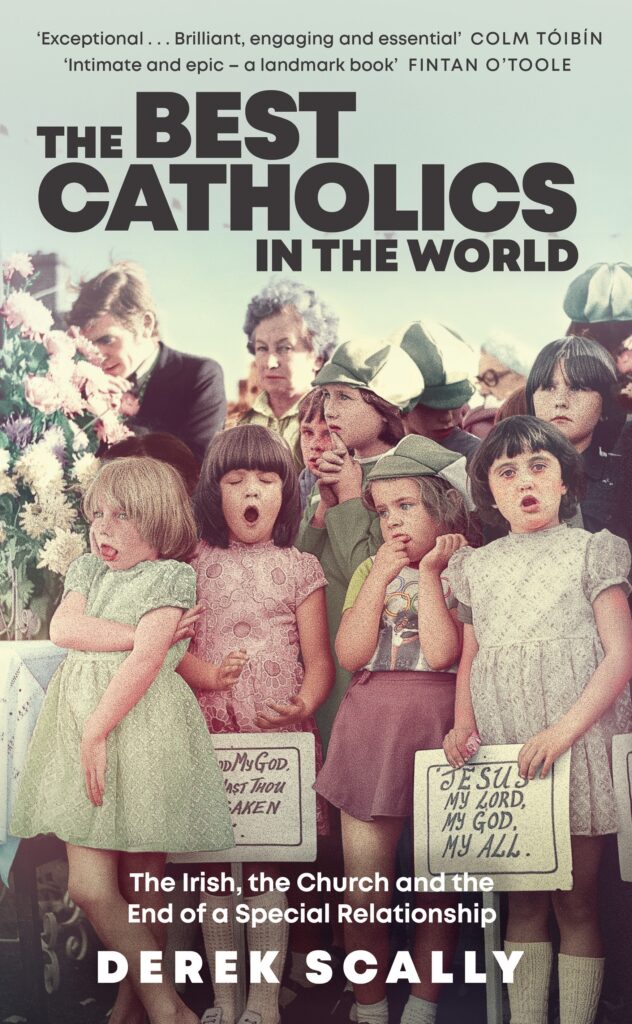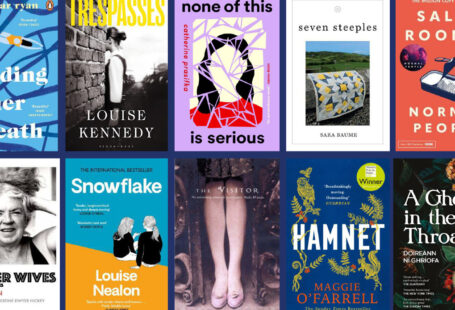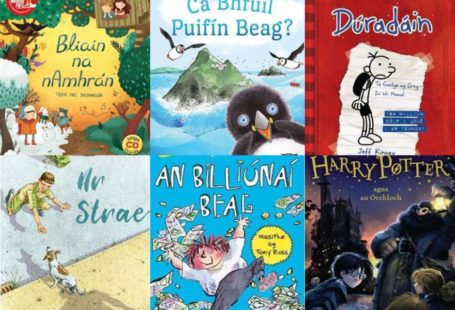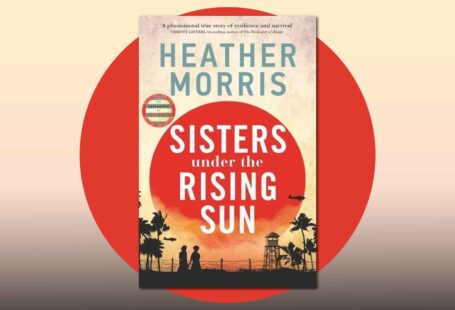James Baldwin once wrote that the reason people cling to their hate so stubbornly is because, once the hate is gone, people know they will be forced to deal with the pain.

The history of Catholic Ireland is a staggering narrative: an institution and a faith system that offered consolation in desolation for generations, but among many today inspires anger and apathy. How did we get from there to here, during my lifetime, and what part did we – the ordinary Irish – have in keeping this holy show on the road?
I went looking for a book that could explain to me what made Irish Catholicism so unique, how it dug in so deep and yet collapsed so quickly. Finding no such book, I wrote it myself.
Looking in from outside on two decades of reports and recriminations, Ireland appears trapped in the most vicious of circles. The legal approach has identified clearly those who carry guilt, in particular religious and state players, but eventually attention has to turn to the wider question of responsibility and the largest group in Irish Catholic society: us. The crucial question here is: do we own or disown our past, even the less flattering parts?
In my book I argue that the memory of Catholic Ireland is a part of everyone’s past. Every Irish person alive today – and in the future – carries a moral responsibility to inform themselves about our past. Doing so ensures its worst dynamics cannot be repeated, because we understand better how much of how we think about our past and our Irish identity is still shaped unconsciously by Catholic church narratives.
No countries’ histories can be compared, but Germany’s approach to its past carries a universal lesson. Growing as a society does not come from drawing a line under an unflattering past. Growth comes from a willingness to embrace the past, question it, display it – and, for those of us who experienced it, to locate our younger selves in that past.
Hate and apathy are dead ends that, left unchecked, risk replicating in our present the worst, warped elements of Catholic Ireland. As the best way forward, this book makes the case for informed empathy. I’m delighted Dubray is selling The Best Catholics in the World, and I hope you enjoy reading it.
Derek Scally has written for the Irish Times since 2000. He is based in Berlin.
The Best Catholics in the World is his first book.






Recent Comments